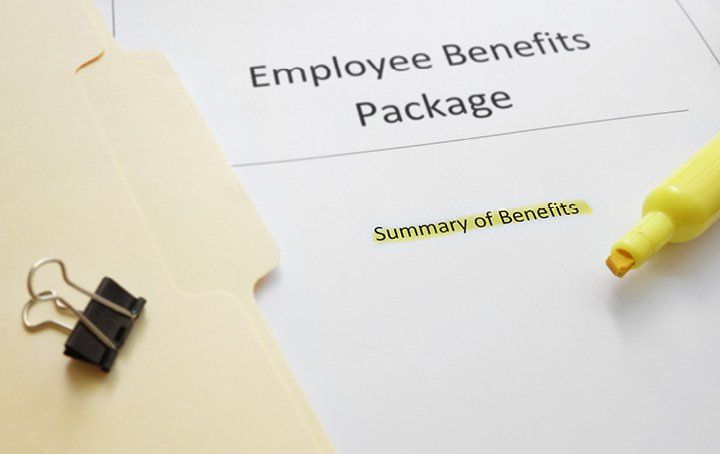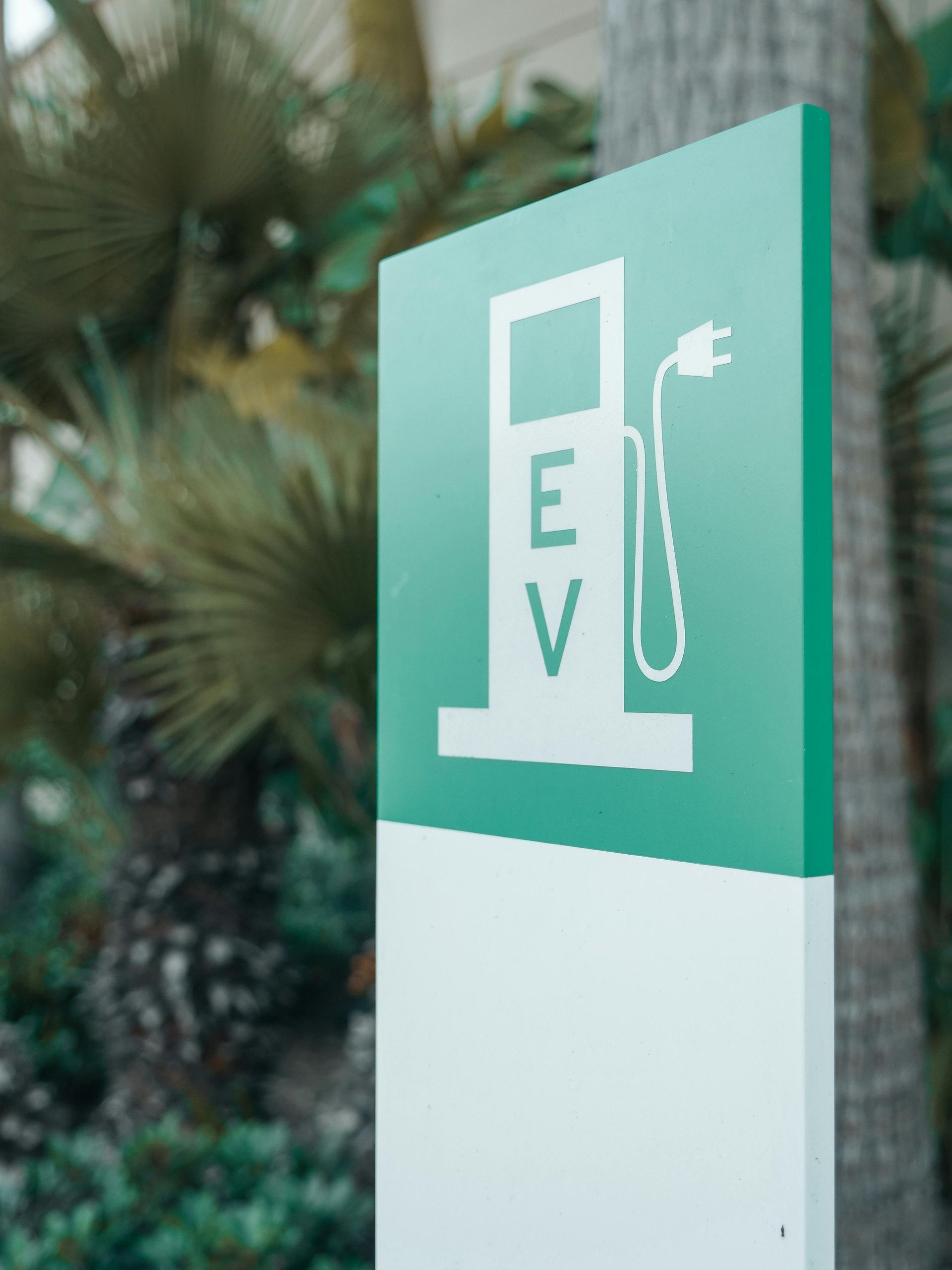Keeping Odometer Readings for Fringe Benefits Tax (FBT)– 31 March 2025

Why Odometer Readings Are Important for FBT
The Australian Fringe Benefits Tax (FBT) year runs from 1 April to 31 March, and one of the key compliance requirements for employers providing motor vehicles to employees is recording odometer readings on 31 March each year. These readings help determine the taxable value of car fringe benefits and ensure accurate FBT calculations.
How Odometer Readings Affect FBT
The Australian Taxation Office (ATO) uses odometer readings in various FBT calculation methods, including:
- Operating Cost Method: Odometer readings help establish the proportion of private versus business use. More accurate records can lead to lower FBT liability if business use is high.
- Statutory Formula Method: While this method applies a set percentage to the car’s base value, maintaining odometer readings ensures accurate reporting and compliance.
- Logbook Records: If you use the operating cost method, odometer readings must match logbook entries to validate the business use percentage.
Steps to Record Odometer Readings on 31 March 2025
To stay compliant and avoid penalties, follow these steps:
- Check Each Vehicle: Ensure all company and trust vehicles have their odometer readings recorded at the end of the FBT year.
- Record the Reading Accurately: Use a logbook, spreadsheet, or digital system to document each vehicle’s mileage.
- Note the Date and Vehicle Details: Include the date (31 March 2025), vehicle make and model, registration number, and the odometer reading.
- Maintain Proper Records: Keep these records for at least five years in case of an ATO audit.
- Report in FBT Calculations: Use the readings to determine FBT liability and ensure accurate declarations in your FBT return.
Consequences of Not Keeping Odometer Records
Failing to maintain odometer readings can lead to:
- Higher FBT Liabilities: Without proper records, the ATO may default to higher taxable amounts.
- Increased Scrutiny from the ATO: Poor record-keeping raises the risk of audits and penalties.
- Difficulty Justifying Business Use Percentage: If using the operating cost method, missing odometer readings may invalidate logbook entries, reducing tax deductions.
Next Steps
Accurate odometer readings on 31 March 2025 are essential for businesses providing vehicles to employees. By maintaining proper records, employers can minimise FBT liabilities, ensure compliance with the ATO, and avoid unnecessary penalties. Take the time today to record all company vehicle odometer readings and store them securely for future reference.
Need Help with your Business, Bookkeeping, Tax or SMSF requirements?
If you would like a little help, please get in touch with us for assistance. We can help with your business, bookkeeping, tax and SMSF requirements.
Please also note that many of the comments in this publication are general in nature and anyone intending to apply the information to practical circumstances should seek professional advice to independently verify their interpretation and the information’s applicability to their particular circumstances. Should you have any further questions, please get in touch with us for assistance with your SMSF, business, bookkeeping and tax requirements. All rights reserved. Brought to you by RGA Business and Tax Accountants. Liability Limited by a scheme approved under Professional Standards Legislation.




Contact Us
Phone: 07 3289 1700
Email: reception@RGAaccounting.com.au
Office Location: 2/32 Main Street, Samford QLD 4520
Postal Address: PO Box 35, Samford QLD 4520
Liability Limited by a scheme approved under Professional Standards Legislation.
 TIA
TIA
 TPB
TPB
 CA
CA
 mindshop
mindshop
 Xero
Xero






